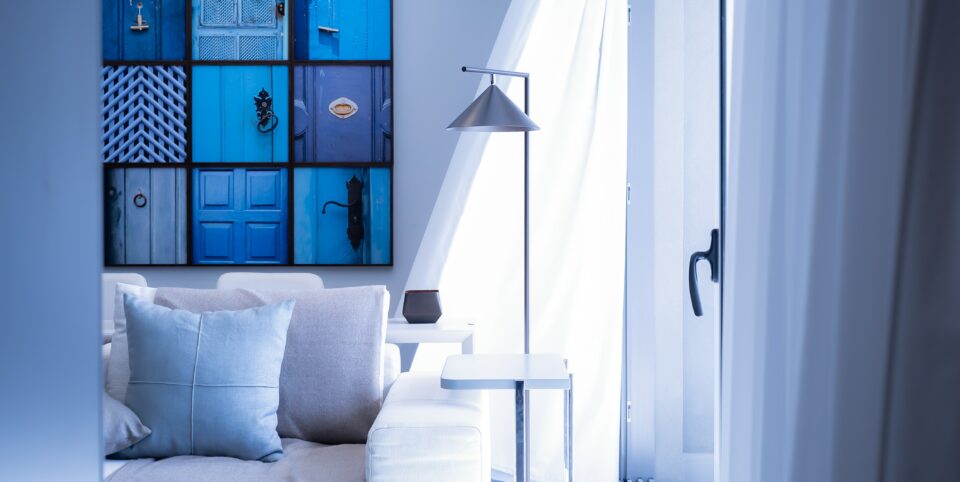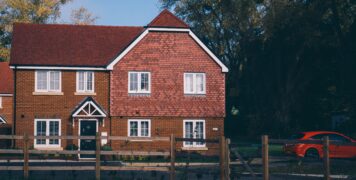Contact
020 4515 6728
info@ccameron.co.uk
Charles Cameron & Associates
Blackfriars Foundry
154-156 Blackfriars Road
London SE1 8EN
Why buying a newly built property could save you money
October 26, 2021
Information published was correct at the time of writing
--

When deciding whether to buy a newly built or older property, the cost is naturally one of the biggest factors to consider. Just as with any other item you might buy, a home usually costs a little more when it’s brand new than when it’s had a previous owner. For many buyers, a new home is fresh, bright and clean. It provides a blank canvas on which to stamp your own style and personality from day one. New properties are also more environmentally friendly and therefore cheaper to run. The difference between the running costs of an older property and a new home can be substantial. Here are just a few of the ways buying a newly built home could save you money in the long term.
BUYING INCENTIVES
Developers may offer discounts or additional items to encourage you to buy one of their newly built properties. Your new home will often come with furnishings or household appliances included, so you don’t need to splash out on these immediately after buying the property. If you factor these savings into the asking price, it might not necessarily be cheaper to buy an older home.
SAVINGS ON CONVEYANCING
Another incentive that developers will sometimes offer is to pay all or part of your conveyancing fees. If not, you might be able to save in other ways. The developer might offer a part-exchange scheme, where they make an offer on your existing home and then take on the responsibility of selling it. This can create less legal work than if you sell to a third-party. At the very least, buying a new-build home is chain-free, which typically means a smoother and shorter transaction and less risk of the purchase falling through.
TEN-YEAR GUARANTEE
The Consumer Code for Home Builders requires that developers register newly built properties with a housing warranty insurance provider. Most of these offer a ten-year guarantee on the home, which will cover the cost of repairing structural issues during that period. Newly built and older homes can both suffer from structural faults, but older homes don’t come with this guarantee.
LOWER MAINTENANCE COSTS
Even if they have no structural issues, older homes are far more likely to need maintenance in the first few years after you buy one, as the woodwork, tiling, fitted kitchen, et cetera, could already be years old. With a newly built property, everything is brand new and shouldn’t need maintenance for at least a few years.
APPLIANCE WARRANTIES
Your boiler and white goods will also be brand new with a newly built property, so you should be able to request the warranties from your developer. That means you’ll have a few years without having to worry about replacing or repairing these expensive items.
CHEAPER BILLS
Because they have modern appliances as well as the latest energy-efficient features, like insulation or solar panels, new-build homes are not only greener but also cheaper to run.
FEWER COSMETIC CHANGES
If you buy a new home during the building process, you can often customise some of the features to your taste. You may be able to choose fittings in the kitchen or bathroom or make changes to the planned layout. This is unlike buying an older property, which will be decorated to the current owner’s taste and might need cosmetic changes either immediately or in the future.



